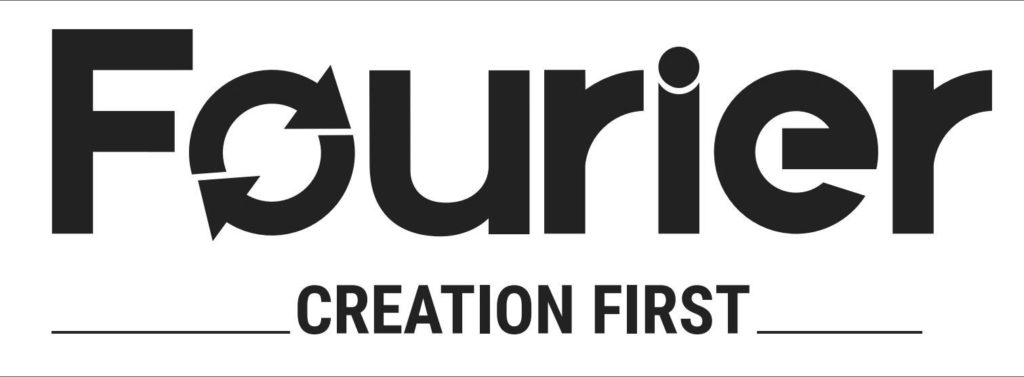Self check-in is becoming a popular trend, helping hotels optimize operations and enhance customer experience. However, this method also has limitations that need to be considered.
1. What is Self Check-in?
This is an automated check-in process via kiosk, mobile app or website without the need for a front desk staff. Guests can quickly enter their information, scan their ID, get their room number and electronic key.

2. Advantages and disadvantages of Self Check-in
Self check-in helps guests save time, eliminating the need to queue at the counter, especially during peak hours. The system operates 24/7, allowing guests to flexibly check in at any time, even if they arrive late. In addition, international guests can easily complete the procedure without worrying about language barriers.
For hotels, self check-in helps reduce the workload for reception staff, focusing on personalized services instead of handling administrative procedures. This automation also limits errors in the check-in process, while optimizing operating costs. In addition, facial recognition technology, smart room locks and digital payment integration also enhance security and convenience for both customers and hotels.
3. Is Self Check-in the right option?
While some guests who are used to the traditional method may need some time to get used to it, it is clear that self-check-in offers superior benefits. To optimize efficiency, hotels can combine both forms, giving guests more options to suit their individual needs.
Are you considering implementing self check-in for your hotel? Contact us to find out the right solution!
